6 captivating books about early America
Alan Taylor, the Pulitzer Prize-winning author of 'The Internal Enemy,' shares his favorite historical reads

A free daily email with the biggest news stories of the day – and the best features from TheWeek.com
You are now subscribed
Your newsletter sign-up was successful
Independence Lost by Kathleen DuVal (Random House, $18).
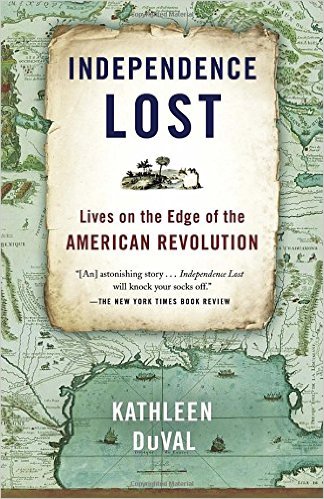
DuVal's lively, deeply researched book recovers the dramatic story of how the revolution played out in the borderlands contested by the Spanish, British, and Americans — as well as by an array of native peoples and by runaway slaves seeking freedom.
Pox Americana by Elizabeth A. Fenn (Hill & Wang, $17).
The Week
Escape your echo chamber. Get the facts behind the news, plus analysis from multiple perspectives.

Sign up for The Week's Free Newsletters
From our morning news briefing to a weekly Good News Newsletter, get the best of The Week delivered directly to your inbox.
From our morning news briefing to a weekly Good News Newsletter, get the best of The Week delivered directly to your inbox.
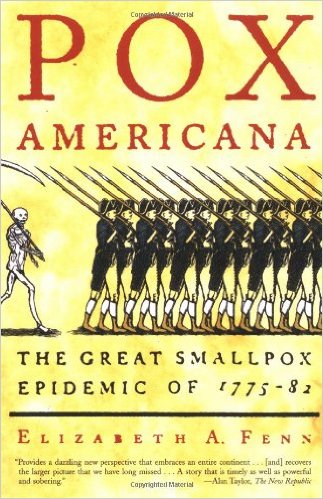
By tracing the course and impact of a deadly epidemic that swept through the continent between 1775 and 1782, Fenn reveals the interplay of environment, health, and war. Because it halted the Continental Army's invasion of Canada and aided the patriots' defense of Virginia, smallpox shaped the course of revolution.
The Hemingses of Monticello by Annette Gordon-Reed (Norton, $22).
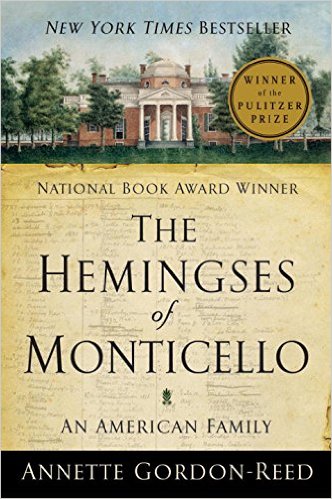
A consummate work of historical research and imagination, this National Book Award winner recovered the story of Thomas Jefferson's dependence on an enslaved family who previously had served his father-in-law. The book sheds light on the tangled relationship of enslaved labor and the new nation's political leadership.
Tom Paine's Iron Bridge by Edward G. Gray (Norton, $27).
A free daily email with the biggest news stories of the day – and the best features from TheWeek.com
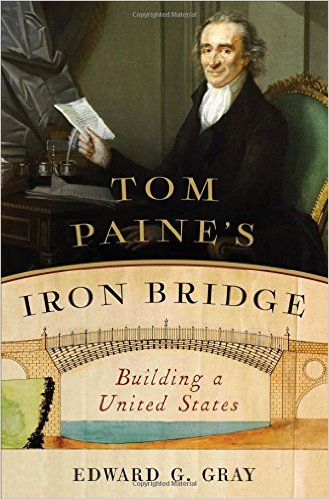
Thomas Paine was a polymath, it turns out, who designed innovative bridges as well as a radical politics. Vividly written and rich with insight, this book about his attempts to build an ideal America illuminates the nexus of politics, science, and art in the age of revolutions.
A Revolution in Color by Jane Kamensky (Norton, $35).
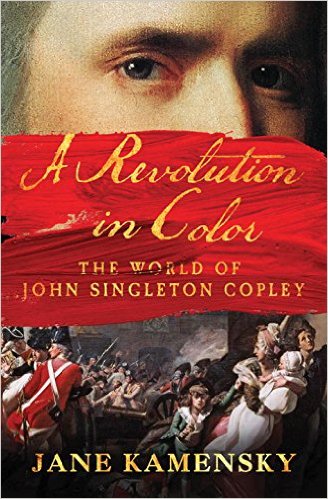
The greatest American artist of the 18th century, John Singleton Copley, preferred life in Britain, escaping to it from the bitter civil war that we call the American Revolution. In this lucidly written biography, out next month, Jane Kamensky renders the age in tones as complex and compelling as the interplay of light and shade in the finest Copley painting.
Ordinary Courage by Joseph Plumb Martin (Wiley-Blackwell, $27).
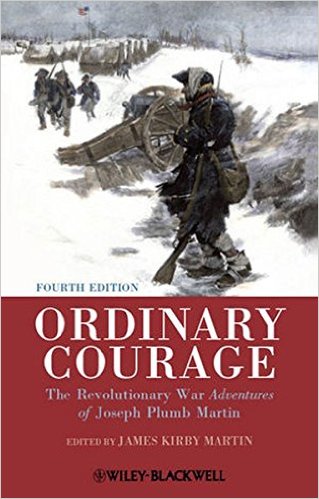
This memoir is the liveliest and most revealing account of the Revolution that we have from a common soldier. Martin, who joined the fight at 15 and bore every hardship short of death, blamed political leaders and selfish officers for the neglect suffered by enlisted men, whose endurance proved essential to victory.
— Historian Alan Taylor is the author of two Pulitzer Prize–winning works on early America, including 2013's The Internal Enemy. His new book, American Revolutions, revisits the multiple conflicts that sparked our war for independence.
-
 How to Get to Heaven from Belfast: a ‘highly entertaining ride’
How to Get to Heaven from Belfast: a ‘highly entertaining ride’The Week Recommends Mystery-comedy from the creator of Derry Girls should be ‘your new binge-watch’
-
 The 8 best TV shows of the 1960s
The 8 best TV shows of the 1960sThe standout shows of this decade take viewers from outer space to the Wild West
-
 Microdramas are booming
Microdramas are boomingUnder the radar Scroll to watch a whole movie